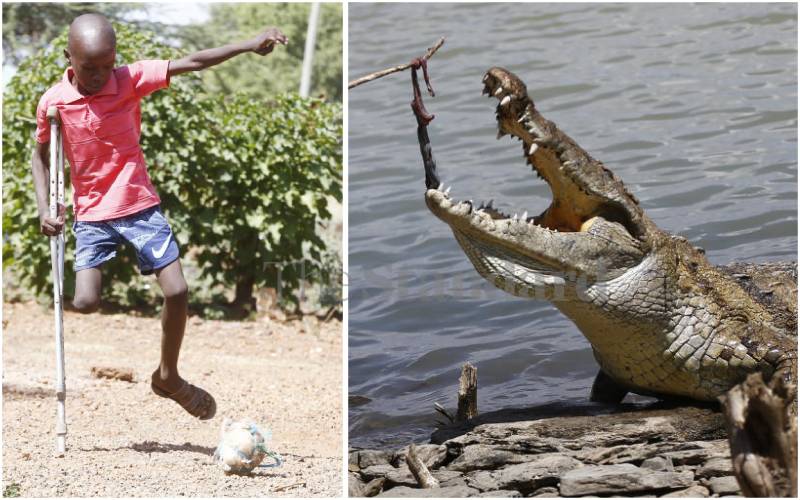×
The Standard e-Paper
Smart Minds Choose Us

There could probably be nothing worse than an unexpected attack by a wild animal. Yet, this is what many of the people living near Lake Baringo have had to go through or witness over the years.
It is even worse when the victims of attacks by crocodiles cannot access basic first aid, let alone treatment, because there are no health facilities in some of the remote areas and the few that are available are ill-equipped. Some have survived but there are those who were not lucky.